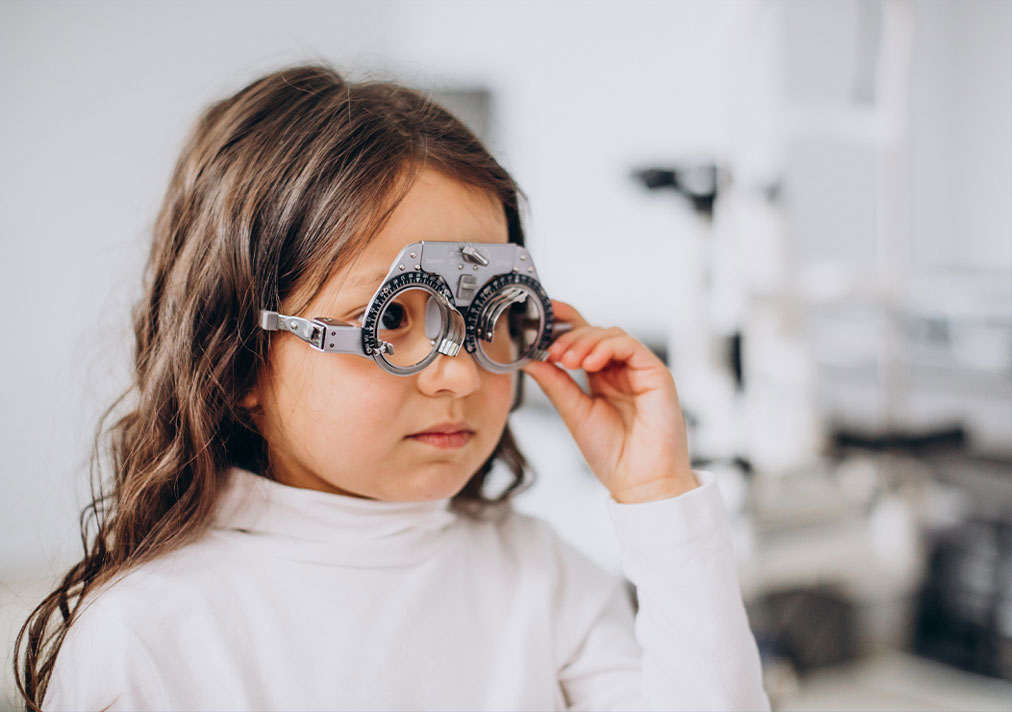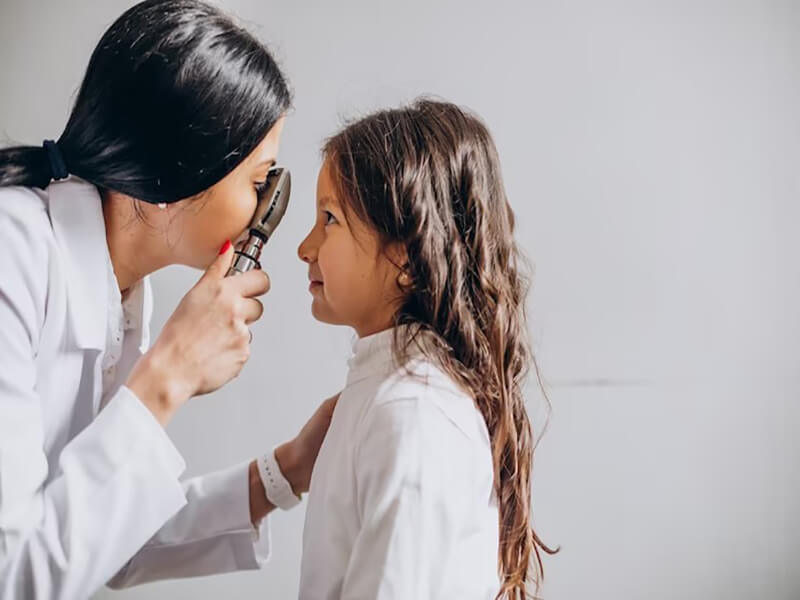If your child is diabetic, the chances of developing eye diseases increase two-fold. Here’s how you can manage it effectively.
Although controlling diabetes might be difficult, did you know that it can also affect one’s retinal health? Diabetes from childhood may increase the possibility of having eye problems at a younger age. It can lead to long-term eye problems, such as glaucoma, diabetic retinopathy, and cataract. Hence, parents and caregivers must take proactive measures to protect the children’s vision.
What Is Diabetic Retinopathy
People with diabetes are at an increased risk of developing an eye disease called diabetic retinopathy. It is caused by damage to the blood vessels of the light-sensitive tissue in the back of the eye. It may initially be asymptomatic or just minor vision abnormalities. However, it can cause blindness, if not treated in time. Patients often ask how to prevent eye damage from diabetes?
How Are Children At A Risk
Diabetic retinopathy is a risk for young people with juvenile diabetes (Type 1 diabetes), especially if they have had the disease for more than ten years. Even those with Type 2 diabetes are at risk of turning blind as a result of retinal problems caused by the disease.
Preventive Measures To Follow
some preventive measures that should be followed to avoid complications of diabetes on our eye-health.
Keep Up With Routine Checkups
The management of diabetes and the health of the retina depends on routine medical exams. To discover and treat the eye disorders early, which can save one’s eyesight, youngsters must also have thorough eye exams at least once a year. Also Read: How Diabetes Affects Eyesight?
Encourage Healthy Lifestyle
Parents must teach their children to adopt a healthy lifestyle and emphasize the value of leading a disciplined life. It consists of a balanced diet, frequent exercise, and enough sleep. Not only this, there should be a reduction in activities causing eye strain to prevent vision loss.
Beware Of The Symptoms
If a child notices hazy vision, spots or flashes, eye pain, decreased color contrast, or any other inexplicable symptom, they must tell their parents right away. In case of any of these symptoms, get immediate medical attention from an ophthalmologist or retina expert.




